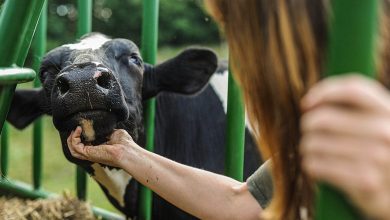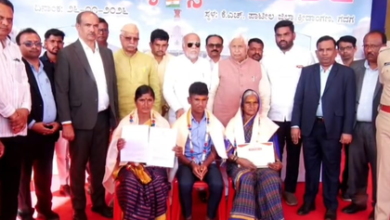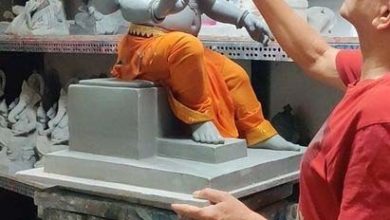Karnataka: Trans Reservation Policy of Karnataka

It was 2021. For Janavi, a trans woman in Karnataka, the year came with hope and yearning. She applied for a position in the Karnataka police department. It was the first notification in the state that allowed transgender persons to apply for a government job. Janavi passed the physical endurance test—running, long jump and shot put—along with the written examination and was hopeful of getting through. But when the provisional list was put up, her name wasn’t there. “I was told that I was not physically fit enough for the job,” Janavi says.
Karnataka was lauded nationwide for being the first state in India to horizontally reserve jobs in public employment in favour of transgender persons in 2021. The feat came after countless requests, protests and visits to the court by transgender activists and their advocates. Sangama was one such non-governmental organisation, whose advocacy efforts resulted in an amendment to recruitment rules in May 2021 that granted one per cent reservation to transgender persons in the merit category, Scheduled Caste, Scheduled Tribe and backward classes categories.
Why then wasn’t Janavi granted the benefits of this reservation?
“They said only trans men are allowed to apply for the post,” she says. Janavi was born male, and then transitioned to a female. “So why didn’t they tell me that when I came in for the other tests? They claimed that I couldn’t run with a battalion, and I was not physically fit enough,” she says.
A framed picture of BR Ambedkar and one of Mahatma Gandhi were comfortably placed next to each other at the head office of Sangama in Bengaluru. Hardly seven-eight members occupied the small, yet significant space nestled in between residential buildings upon a visit around mid-afternoon. “Sangama for us means social change,” says Nisha Gulur, who identifies as a trans person and is also the programme manager at Sangama.
Founded in 1999 by Manohar Elavarthi as a centre that provided counselling services to sexual minorities and research material to scholars of LGBT issues, the organisation, over the years, has hosted discussions with social activists, provided HIV/AIDS information and awareness, and supported the rights of transgender people by organising rallies and marches. It now functions as a safe space for LGBTQIA+ individuals in Karnataka.
Gulur is busy making arrangements for a get-together for the community over the weekend. “Nothing too hectic … we are just going to dance and sing in a park,” she says.
Gulur was the petitioner who fought on behalf of Sangama in the Karnataka High Court. In her petition in 2021, she sought enforcement of fundamental rights by making a separate category available for transgender candidates to apply for jobs and to frame a scheme for reservation for the transgender community in recruitment. But three years since the reservation policy was notified, a majority of trans persons still struggle to apply for or secure these jobs and have little hope with unfulfilled promises. In the words of the architect of India’s constitution B R Ambedkar, reservation represents “protection against the aggressive communalism of the governing class, which wants to dominate the servile class in all fields of life.” Walking on similar lines, the Supreme Court delivered a landmark National Legal Services Authority (NALSA) judgement in 2014 that officially affirmed the fundamental rights of transgender persons—including their right to self-identify their gender and not face any discrimination as a result of that . The court also recognised that the transgender community is socially and educationally disadvantaged as a result of systemic discrimination and issued a slew of directions aimed at securing their rights and dignity. But when the idea of reservation for trans persons was first mooted, several state and central Governments clubbed all transgender persons as a single homogenous unit, “backward class”, under the OBC category in a bid to confer to them the benefit of reservation—in sheer disregard of the intersectional identities of a transgender person, activists say.
Reiterating this, authors Prakhar Raghuvanshi and Sandhya Swaminathan wrote in 2022 that in such cases, transgender persons are made to compete with cisgender persons falling under the OBC category, despite the two having different social identities that form the basis for affirmative action. Secondly, transgender persons belonging to different castes (both upper and lower) are placed on the same pedestal. Third, transgender persons belonging to SC/STs would have to opt between SC/ST and OBC reservation. “While the former might be an obvious choice resulting in better benefits, it would be rooted in caste identity and entirely disregard gender identity,” they wrote.
A 25-year-old trans woman’s story from Delhi bears witness to the consequences of lack of horizontal reservation for the community. Aspiring to become a doctor, she diligently prepared for and wrote entranc





